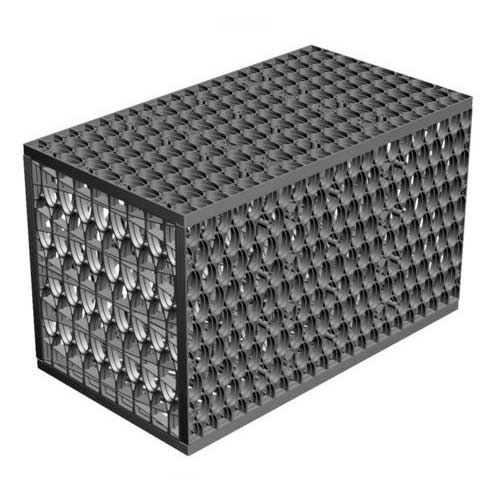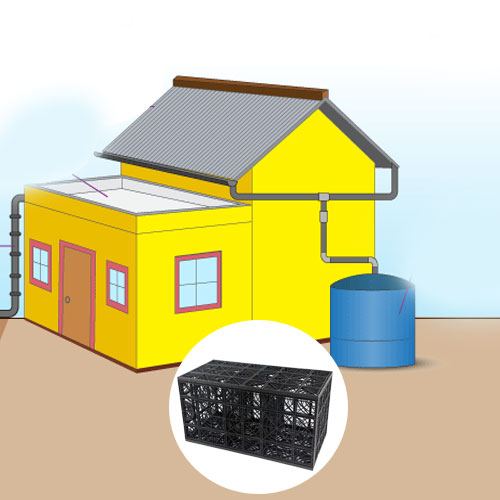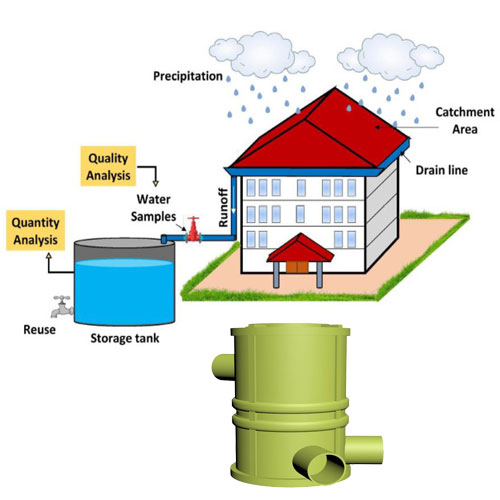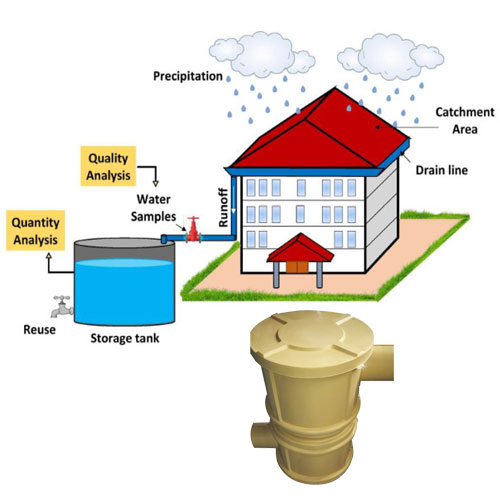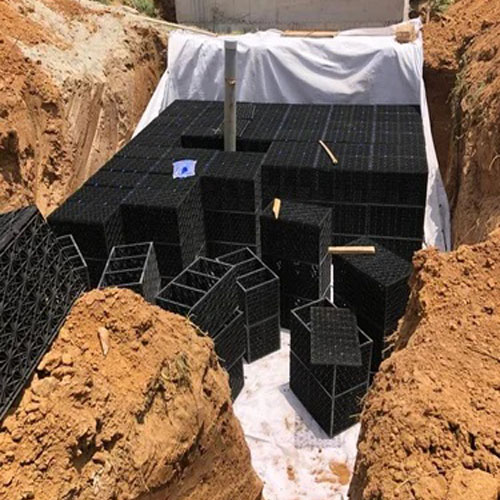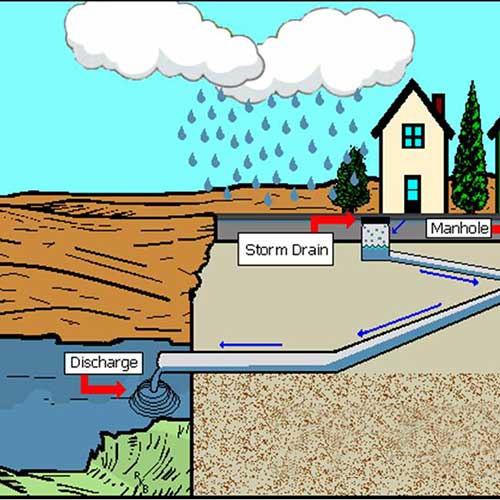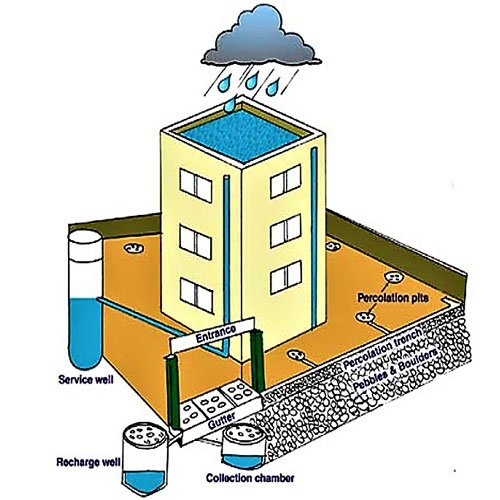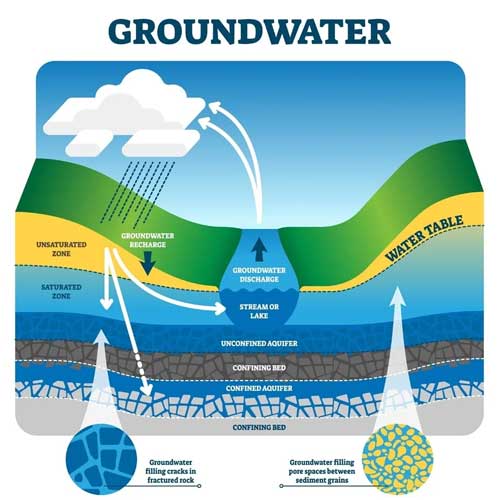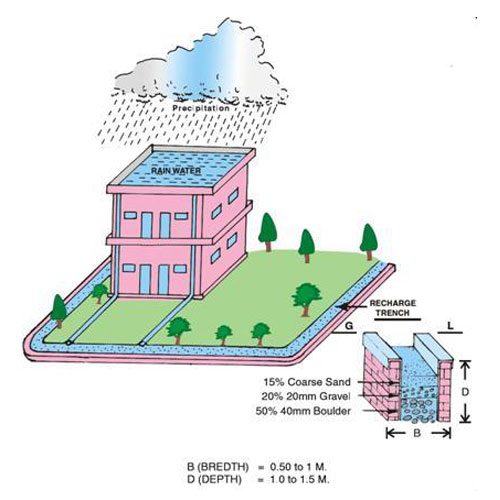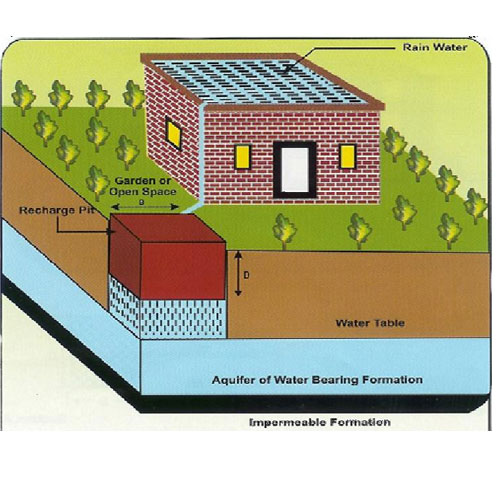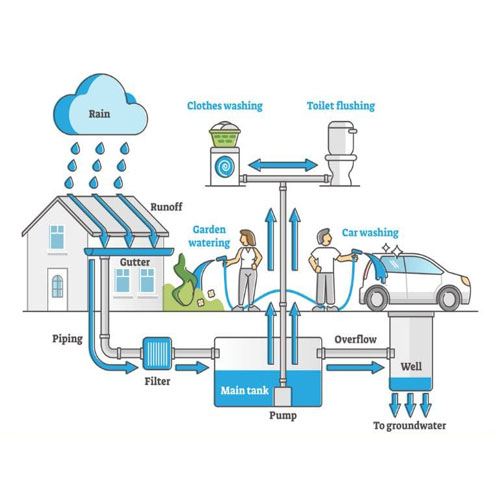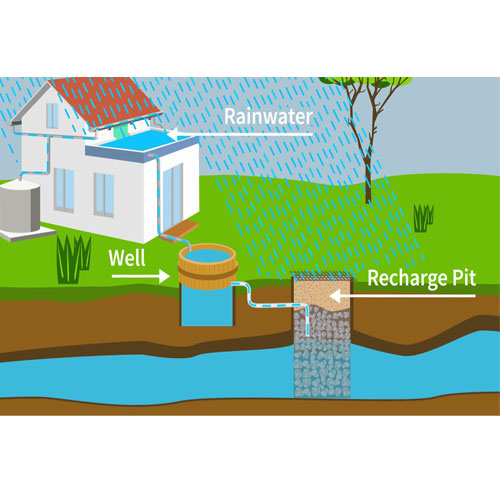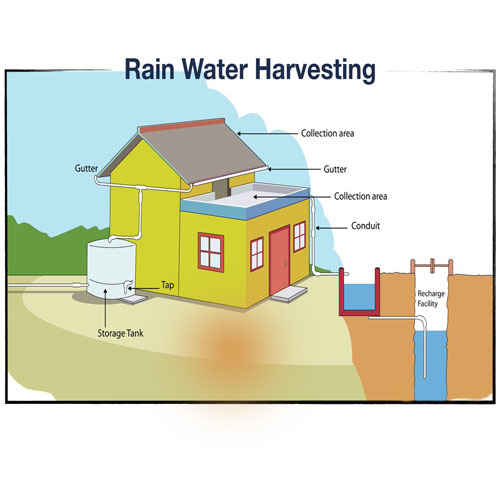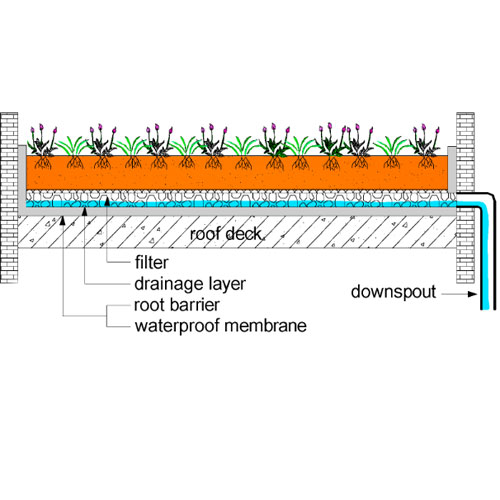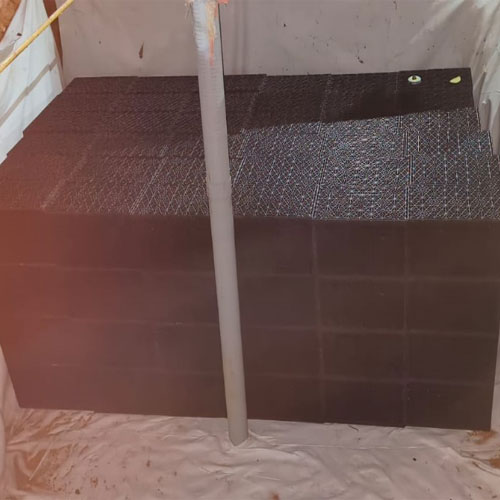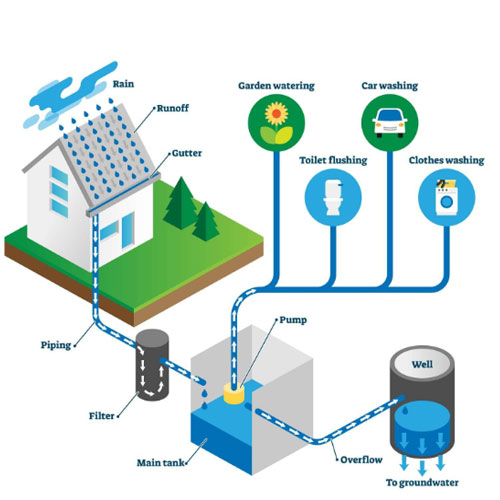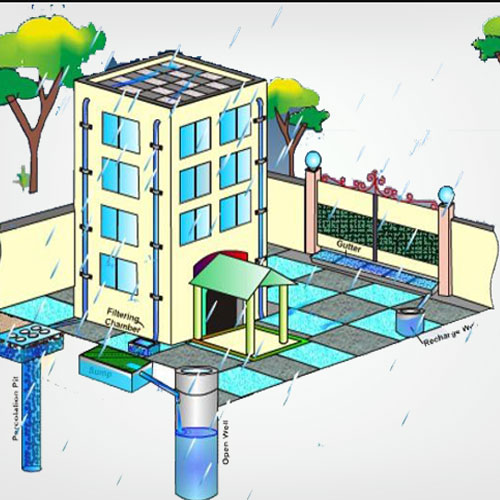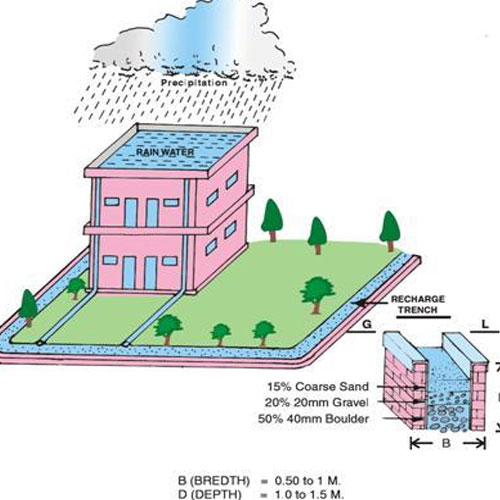Water scarcity in urban regions like Delhi has made rainwater harvesting a necessity rather than an option. A Modular Rainwater Harvesting System in Delhi offers a modern, scalable, and efficient way to collect, store, and reuse rainwater for everyday needs. Designed for flexibility and long-term sustainability, modular systems are transforming how residential, commercial, and institutional spaces manage water.
What Is a Modular Rainwater Harvesting System?
A Modular Rainwater Harvesting System is built using pre-fabricated, interlocking components that work together to collect, filter, store, and distribute rainwater. These components include:
- Rainwater catchment surfaces (rooftops, paved areas)
- Modular storage tanks or underground units
- Filtration and purification systems
- Controlled distribution networks
The modular design allows the system to be customized based on space, water demand, and usage requirements
How Modular Rainwater Harvesting Works
Rainwater is collected from rooftops or other catchment areas and directed through gutters and downpipes into modular storage units. These units are engineered to capture maximum water with minimal loss. Depending on the project, storage can be above ground or underground, making the system suitable for both small plots and large developments.
Advanced filtration removes debris, sediments, and impurities, ensuring the water is safe for its intended use.
Benefits of Modular Rainwater Harvesting System
1. Scalable & Future-Ready
One of the biggest advantages of a Modular water Harvesting System is scalability. Additional storage or filtration modules can be added easily as water demand increases, without major structural changes.
2. High Efficiency Water Collection
Pre-engineered modules optimize water flow and storage capacity. Integrated filtration systems ensure efficient rainwater harvesting even during heavy rainfall.
3. Flexible Usage Options
Harvested rainwater can be used for:
- Landscape irrigation
- Toilet flushing
- Laundry and cleaning
- Cooling systems
- Potable use (with advanced treatment)
This flexibility makes modular systems ideal for homes, offices, schools, hospitals, and industrial facilities.
Modular Rainwater Harvesting System in India
As a trusted Modular Rainwater Harvesting System in India, we offer end-to-end solutions, from site assessment and system design to installation and maintenance. Our systems comply with local regulations and are designed specifically for Delhi’s climate and urban infrastructure.
Easy Installation & Retrofitting
A major advantage of working with a professional Modular Rainwater Harvesting System is ease of installation. Modular components can be:
-
Installed on existing buildings
-
Integrated into new construction projects
-
Reconfigured during renovations or expansions
This makes the system cost-effective and adaptable without disturbing existing structures.
Environmental Impact of Modular Rainwater Harvesting
Using a Modular Rainwater Harvesting System in New Delhi helps:
- Reduce dependency on groundwater and municipal water
- Minimize stormwater runoff and urban flooding
- Lower energy use linked to water treatment and pumping
- Promote sustainable water conservation practices
It is a practical step toward responsible water management and environmental protection.
Cost Savings & Long-Term Value
From an economic perspective, Modular Rainwater Harvesting System reduces water bills and lowers reliance on external water sources. Over time, it also minimizes the need for expensive water infrastructure expansion, making it a smart long-term investment.
Choose the Right Rainwater Harvesting System Service Provider
Partnering with an experienced Rainwater Harvesting System ensures:
- Customized system design
- Quality-certified modular components
- Efficient installation and maintenance
- Long-term performance and reliability
Build a Water-Secure Future with Modular Rainwater Harvesting System
A Modular Rainwater Harvesting System is not just a solution for today, it’s an investment in a sustainable tomorrow. Whether for residential, commercial, or institutional use, modular rainwater harvesting offers a reliable, efficient, and eco-friendly approach to water management in Delhi.
